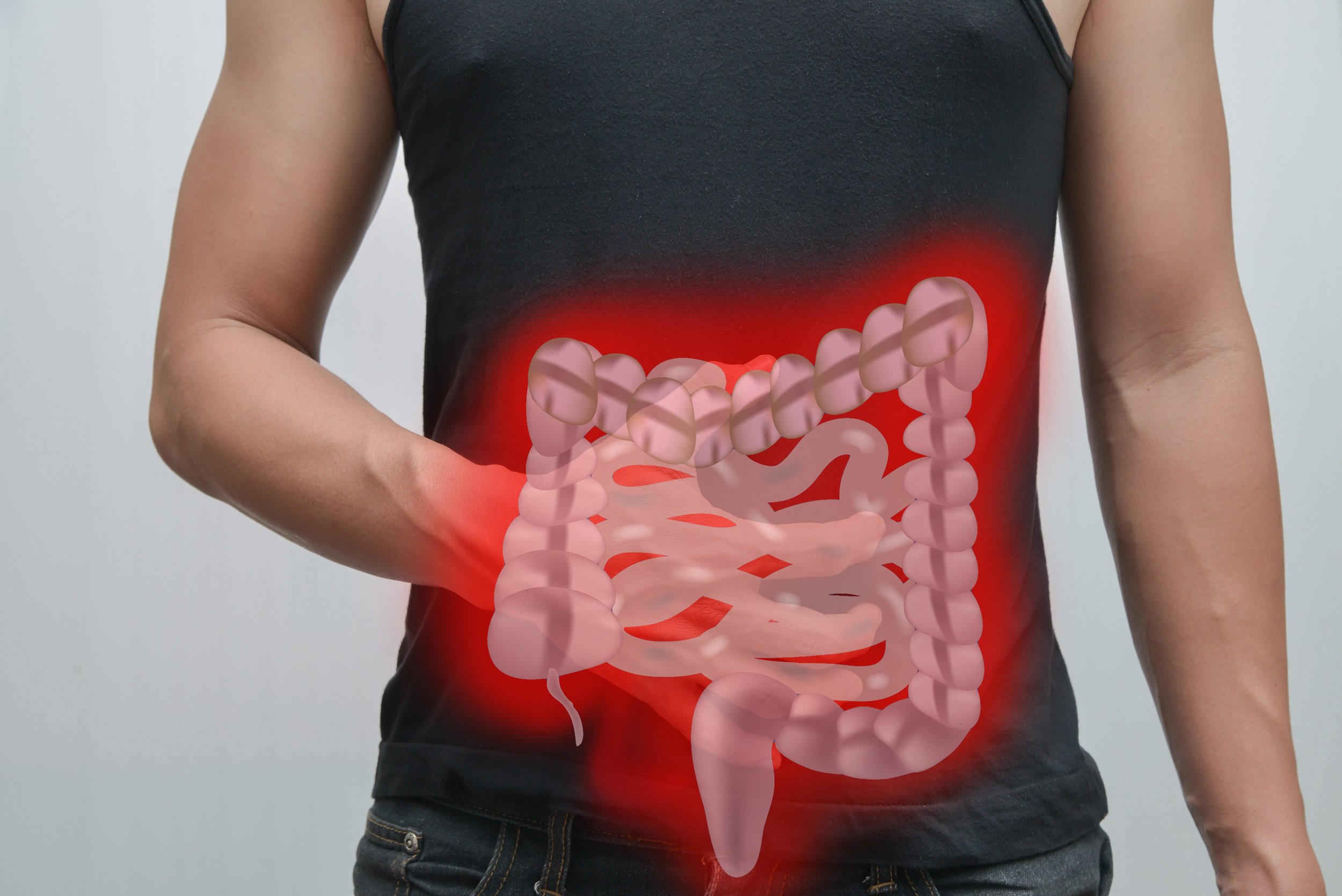Targeting Depression with Advanced Antioxidant Nanozymes

Depression is a major global issue, affecting millions of people and presenting significant challenges in diagnosis and treatment. As more people suffer from this debilitating mental health disorder, there is a growing need to explore innovative approaches to address it.
Traditional treatments, such as antidepressants, are often insufficient for some individuals, while others may experience adverse side effects. Additionally, the underlying causes of depression are complex, involving a combination of genetic, psychological, and environmental factors. Increasingly, research is uncovering links between depression and chemical imbalances that lead to oxidative stress, highlighting the need for new treatments that target this issue.
In a recent article, researchers have offered a novel solution to this challenge by developing antioxidant carbon dot nanozymes (CDzymes). These synthetic, enzyme-like substances were shown to reduce oxidative stress, restore gut microbe balance, and alleviate stress-induced depression in animal models. The implications of this discovery are significant, providing new insights into the treatment of depression by focusing on its biochemical causes, which have often been overlooked in favour of psychological or behavioural interventions.
Depression not only severely impacts an individual's quality of life, but it also represents a growing concern for public health systems and economic stability. One of the biochemical hallmarks of depressive disorders is the accumulation of reactive oxygen and nitrogen compounds, which, when they overwhelm the body’s natural defence mechanisms, lead to oxidative stress. This imbalance affects various bodily systems, including the gut, where it disrupts the balance of microbes. This disruption can trigger inflammation, which in turn affects brain and neuronal function, exacerbating depressive symptoms.
Addressing this chemical imbalance became the focus of the research by Jihong Huang, Weiwei He, and their colleagues. The team set out to create synthetic substances that would mimic the body’s natural enzymes, capable of neutralising reactive species and reducing oxidative stress. By doing so, they hoped to restore the balance of gut microbes and, as a result, alleviate depressive symptoms. Their solution was the synthesis of CDzymes, small particles with strong antioxidant properties that could target these reactive compounds.
The researchers developed CDzymes by polymerising glucose and the amino acid histidine, ensuring the resulting nanozymes were both biocompatible and effective in reducing oxidative species. The results were promising. The CDzymes successfully neutralised a wide range of reactive oxygen and nitrogen species in both solutions and cultured mouse nerve cells, all without exhibiting toxic side effects.
Following these initial tests, the team turned their attention to an animal model of depression, using rats subjected to chronic and unpredictable mild stress (CUMS) to induce depressive behaviour. The study compared four groups of rats: healthy control rats, untreated CUMS rats, CUMS rats treated with gamma-aminobutyric acid (GABA) – an antidepressant known for its ability to inhibit nerve signalling – and CUMS rats treated with CDzymes.
The results were encouraging. Rats treated with either GABA or CDzymes showed significant improvements in depressive behaviours, such as increased reward-seeking, curiosity, willingness to explore, and resistance to despair, compared to untreated CUMS rats. These behavioural changes also correlated with improved levels of depression-related neurotransmitters found in the brain tissues of the treated rats, demonstrating the potential of CDzymes to have a similar impact on the brain as traditional antidepressant treatments.
The study did not stop at behavioural analysis, however. The researchers also examined the gut microbiomes of the rats to investigate the link between gut health and mental health, which is increasingly being recognised as crucial to understanding depression. Depressed rats showed a marked reduction in the richness and diversity of their gut microbes. However, treatment with either GABA or CDzymes largely reversed this reduction, restoring microbial richness and diversity to levels similar to those found in healthy rats.
Moreover, the specific types of microbes present in the treated rats’ faeces were notably closer to those found in the healthy control group. This finding highlights the close connection between the gut and the brain, often referred to as the gut-brain axis. Restoring microbial balance appeared to be key in improving not just gut health, but also mental well-being. The treatment also enhanced the metabolism of several amino acids that are essential for nerve signalling, further linking improved gut function with neurological benefits.
The combined results from the behavioural, biochemical, and microbiological analyses present CDzymes as a promising alternative to traditional treatments like GABA in animal models. By tackling the oxidative stress and microbial imbalances that contribute to depression, these nanozymes provide a new avenue for treating the disorder. Although more research is needed before this approach can be applied to humans, the findings offer hope for those who have not responded well to existing treatments or who experience severe side effects.
In summary, this research introduces CDzymes as a potential new therapeutic option for treating depression. By addressing both oxidative stress and the gut microbiome, these nanozymes could revolutionise the way we understand and treat depressive disorders. As scientists continue to unravel the complex biochemical underpinnings of mental health, such innovations bring us closer to more effective and targeted treatments for one of the most pressing public health challenges of our time.
Author
Isabella Sterling
Content Producer and Writer





